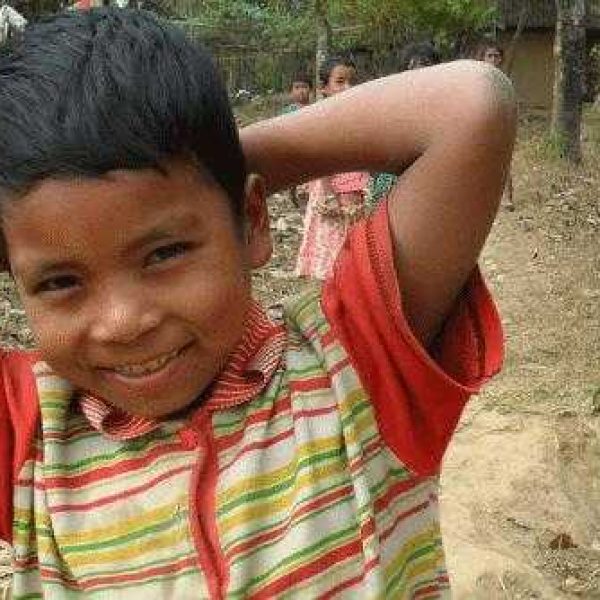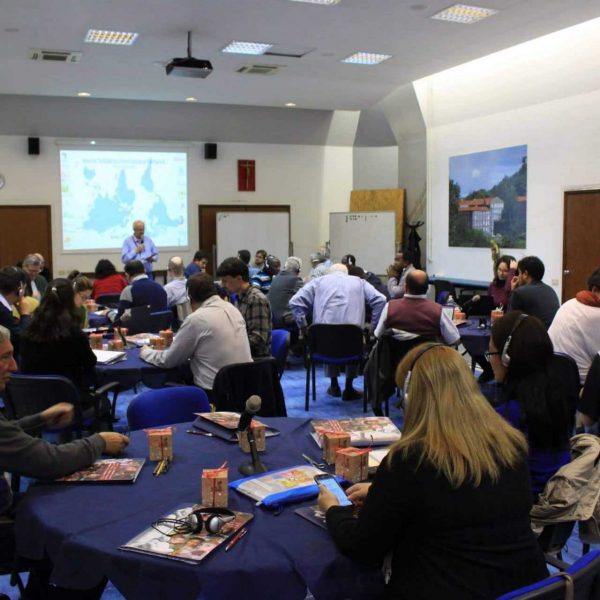Children and Young People on the Frontline
Listening to 1.223 young voices in 12 countries through the UPR process
This year, FMSI and the Marist Secretariat of Solidarity – CMI submitted twelve Universal Periodic Review (UPR) reports for Liberia, Malawi, Honduras, the United States, Lebanon, Rwanda, Australia, Mozambique, Belgium, the Solomon Islands, Singapore, and Paraguay — and every single one was written with children and young people, not just about them. In preparing these reports, we listened to and involved the voices of 1.223 children and young people from Africa to Oceania, from the Americas to Asia. That simple choice changed everything: the questions we asked, the stories we heard, and the recommendations we made.
From classrooms and community activities to after-school groups and one-on-one chats, we created safe spaces where girls and boys could speak in their own words. They told us what keeps them safe, what gets in their way, and what gives them hope. They pointed to the long bus rides and school fees that make education harder than it should be. They described bullying—on the playground and online. They spoke about documentation and the stress of exams, about the need for nutritious meals, safe play spaces, and teachers who have time to listen. They worried about climate and the future. They also spoke about friendship, courage, and the small victories that carry them through.
What makes these 12 reports different is how they were made. First, we invite children to speak freely about the problems they face and what would change in their country. Then we build the report around the priorities they name—grouping issues in their words, drawing on their examples, and turning them into clear recommendations. It’s a conversation that reshapes the outcome.
Children don’t need a bigger seat at the table— they need a real say in what’s on it.
What we heard?
- School must be accessible. Fees, uniforms, transport, and distance are real barriers.
- Safety is more than a locked gate. It’s protection from violence, bullying, exploitation, and online harm—and trusted adults who act when something’s wrong.
- Health and well-being matter. Mental health support, inclusive classrooms, and dignified services for children with disabilities make a daily difference.
- Paperwork is power. Without proper documents, children fall through the cracks—unable to enroll in school, access services, or feel fully seen.
- The environment is part of childhood. Floods, heat, pollution, and degraded land are not abstract ideas; they shape whether a child learns, plays, or stays healthy.
When children are heard, policies get closer to the truth of daily life. Recommendations become practical, kinder, and harder to ignore. UPR is a formal UN process, but behind every paragraph there’s a child walking further than they should to reach school, or a teenager wondering if their view counts. These 12 reports turn that lived reality into clear asks—so governments and institutions can act.
To the many students, teachers, parents, and Marist communities who made space for listening: thank you. You reminded us that participation is not a favor we grant—it’s a right we uphold. Your time, your trust, and your honesty strengthened every page we submitted.
Be part of the next chapter: If you’re a teacher, community leader, or partner who wants to bring children’s voices into human-rights work, we’d love to collaborate.
Together, we can make sure the rooms where decisions are made are rooms where children are heard.
FMSI and the Marist Secretariat of Solidarity – CMI remain committed to advocacy that starts with listening.



